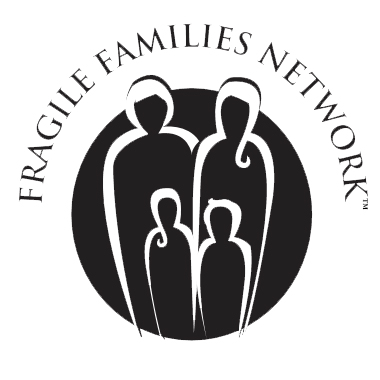The Role of Health and Human Service Professionals in Supporting Grandfamilies

Grandfamilies, where grandparents or other relatives assume the primary caregiving role for children, are increasingly prevalent across the United States. These families often form in response to crises such as the death, disability, or substance abuse of the children’s parents. Health and human service professionals are uniquely positioned to provide critical support to grandfamilies by offering tailored services, advocacy, and resources. Their involvement can significantly enhance the stability and well-being of these families, ensuring that both caregivers and children receive the care and support they need.
Tailored Services for Grandfamilies
Health and human service professionals can deliver a wide range of services specifically designed to address the unique challenges faced by grandfamilies. Key areas of focus include:
- Healthcare Support:
- Medical Care: Providing access to comprehensive healthcare services for both caregivers and children is essential. This includes regular check-ups, immunizations, and specialized care for any chronic conditions.
- Mental Health Services: Addressing the emotional and psychological needs of both the caregivers and the children is crucial. Professionals can offer counseling, therapy, and support groups to help families cope with stress, trauma, and grief.
- Educational Assistance:
- School Enrollment and Support: Assisting grandfamilies in navigating the school enrollment process and advocating for any necessary educational accommodations can help children succeed academically.
- Tutoring and Mentoring Programs: Providing access to tutoring and mentoring services can help children catch up academically and develop important social skills.
- Legal and Financial Guidance:
- Legal Assistance: Helping grandfamilies obtain legal custody or guardianship is critical for accessing services and benefits. Legal professionals can offer guidance and support through this complex process.
- Financial Resources: Connecting grandfamilies with financial assistance programs, such as Supplemental Security Income (SSI), can alleviate economic pressures. Professionals can also help families navigate these systems to ensure they receive the benefits they are entitled to.
Advocacy for Grandfamilies
Advocacy plays a crucial role in ensuring that grandfamilies receive the recognition and support they need. Health and human service professionals can advocate for grandfamilies at various levels:
- Policy Advocacy:
- Legislative Change: Working to influence policy changes at the local, state, and national levels can help create a more supportive environment for grandfamilies. This includes advocating for laws that provide financial assistance, healthcare access, and legal protections for caregiving relatives.
- Public Awareness Campaigns: Raising awareness about the unique challenges and needs of grandfamilies through public campaigns can foster greater understanding and support within the community.
- Systemic Advocacy:
- Healthcare Systems: Advocating for the integration of grandfamily-specific considerations within healthcare systems ensures that medical professionals are equipped to address the unique needs of these families.
- Educational Systems: Working with schools and educational institutions to develop policies and programs that support grandfamilies can help children thrive academically and socially.
- Individual Advocacy:
- Personalized Support: Providing one-on-one advocacy for grandfamilies, helping them navigate various systems, and ensuring they have access to necessary services and resources.
Providing Resources for Grandfamilies
Access to resources is critical for the well-being of grandfamilies. Health and human service professionals can facilitate this by connecting families with:
- Community Resources:
- Support Groups: Establishing and promoting support groups for both caregivers and children can provide emotional support and a sense of community.
- Respite Care: Offering respite care services can give caregivers a much-needed break, helping to prevent burnout and maintain their own health and well-being.
- Educational Materials:
- Parenting Resources: Providing educational materials and training on parenting skills, child development, and effective caregiving can empower caregivers with the knowledge and skills they need.
- Health and Wellness Information: Distributing information on maintaining physical and mental health can help both caregivers and children lead healthier lives.
- Financial Assistance Programs:
- Subsidies and Grants: Helping grandfamilies access subsidies, grants, and other forms of financial assistance can ease economic burdens.
- Food and Housing Assistance: Connecting families with programs that provide food and housing support can ensure that their basic needs are met.
Health and human service professionals play a pivotal role in supporting grandfamilies by providing tailored services, advocacy, and resources. By addressing the unique challenges faced by these families, professionals can significantly enhance their stability and well-being. Through comprehensive healthcare support, educational assistance, legal and financial guidance, advocacy efforts, and access to vital resources, professionals can ensure that grandfamilies receive the care and support they need to thrive. By working together, we can create a more supportive and understanding environment for grandfamilies, ensuring that both caregivers and children have the opportunity to lead healthy, fulfilling lives.
©2024 Fragile Families NETWORK







